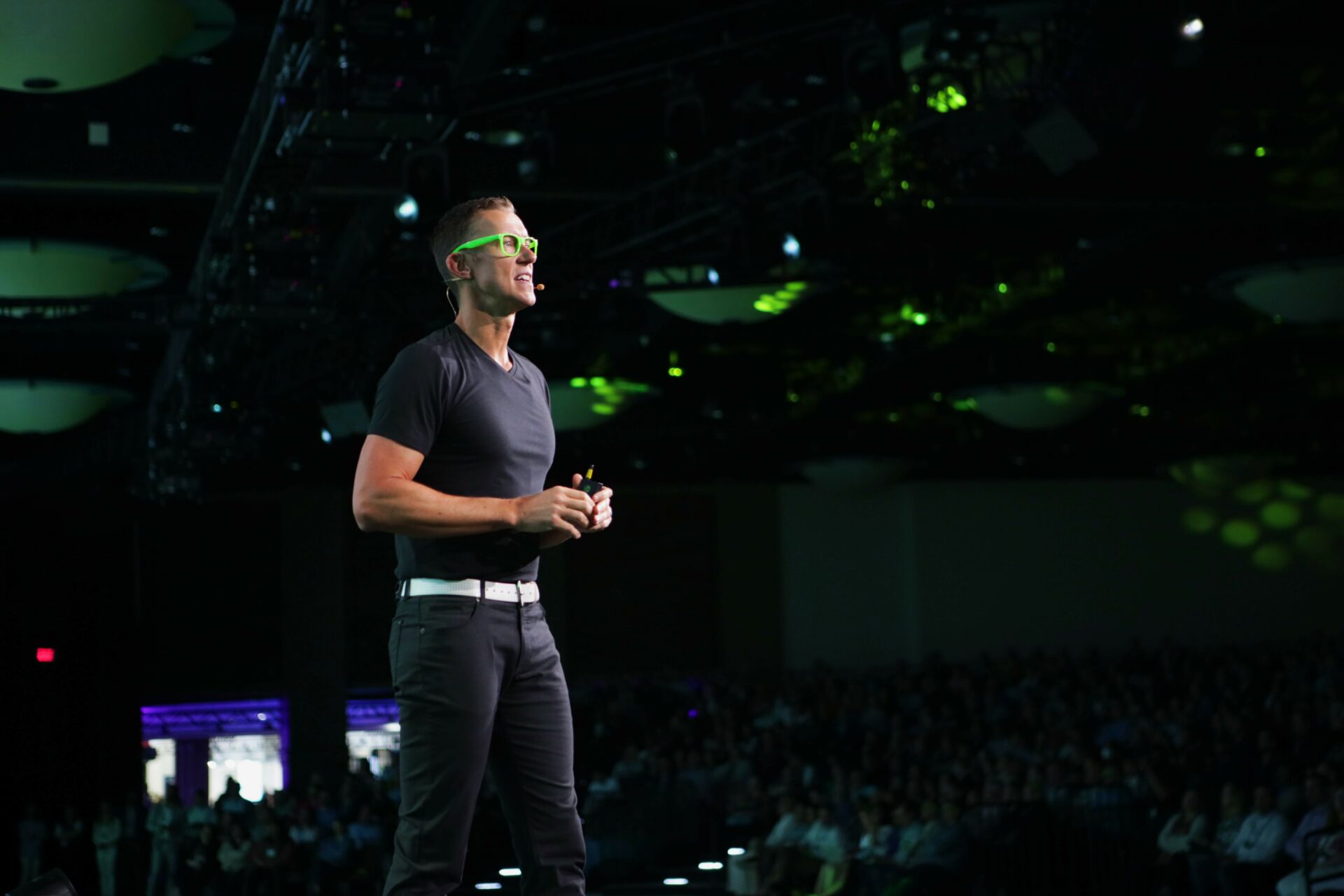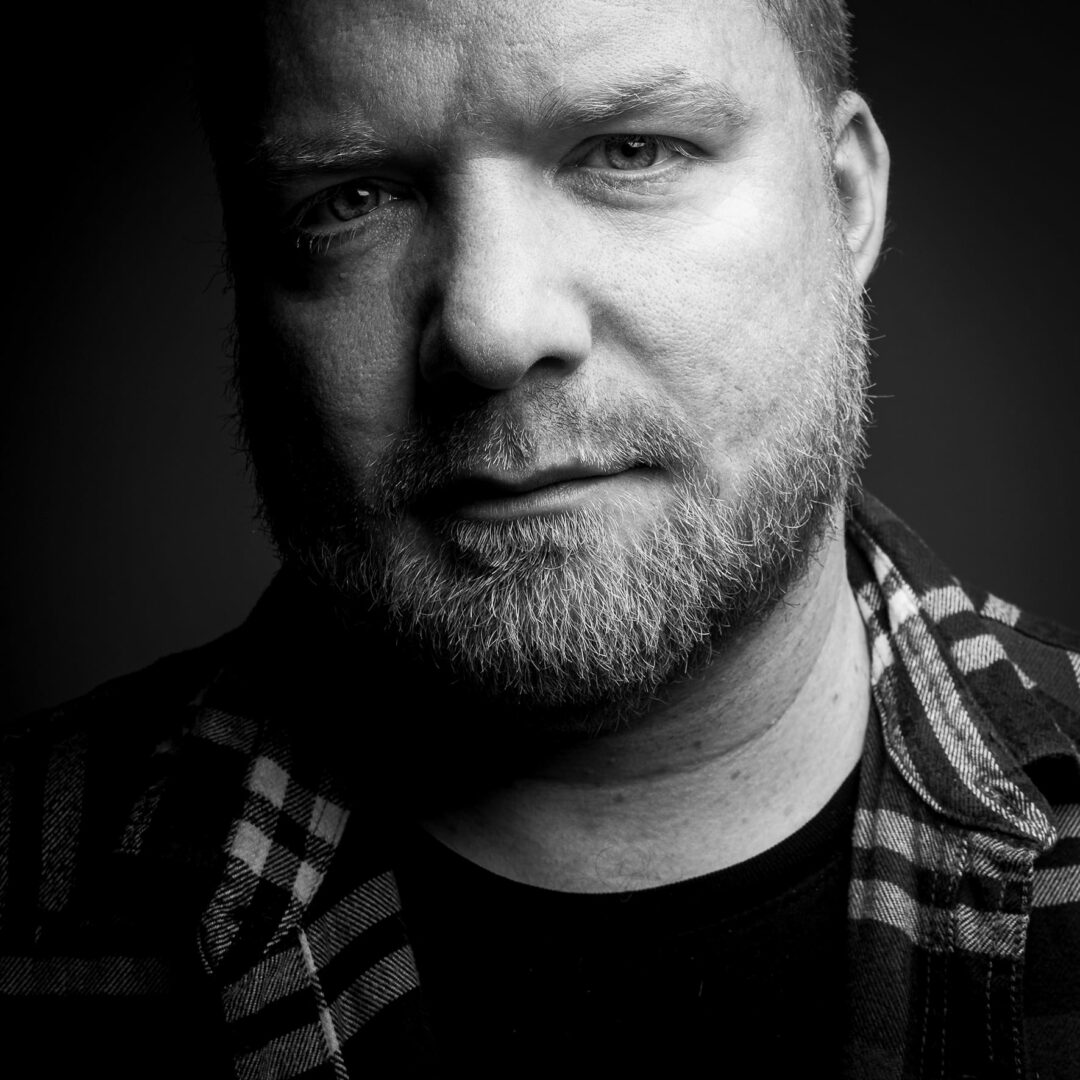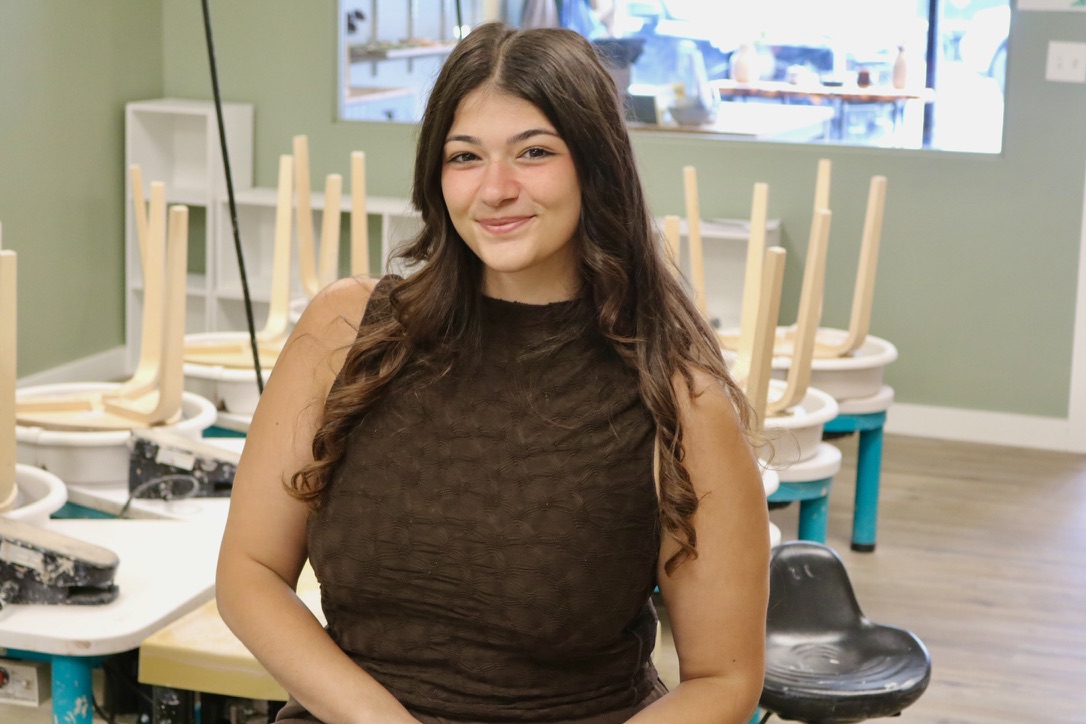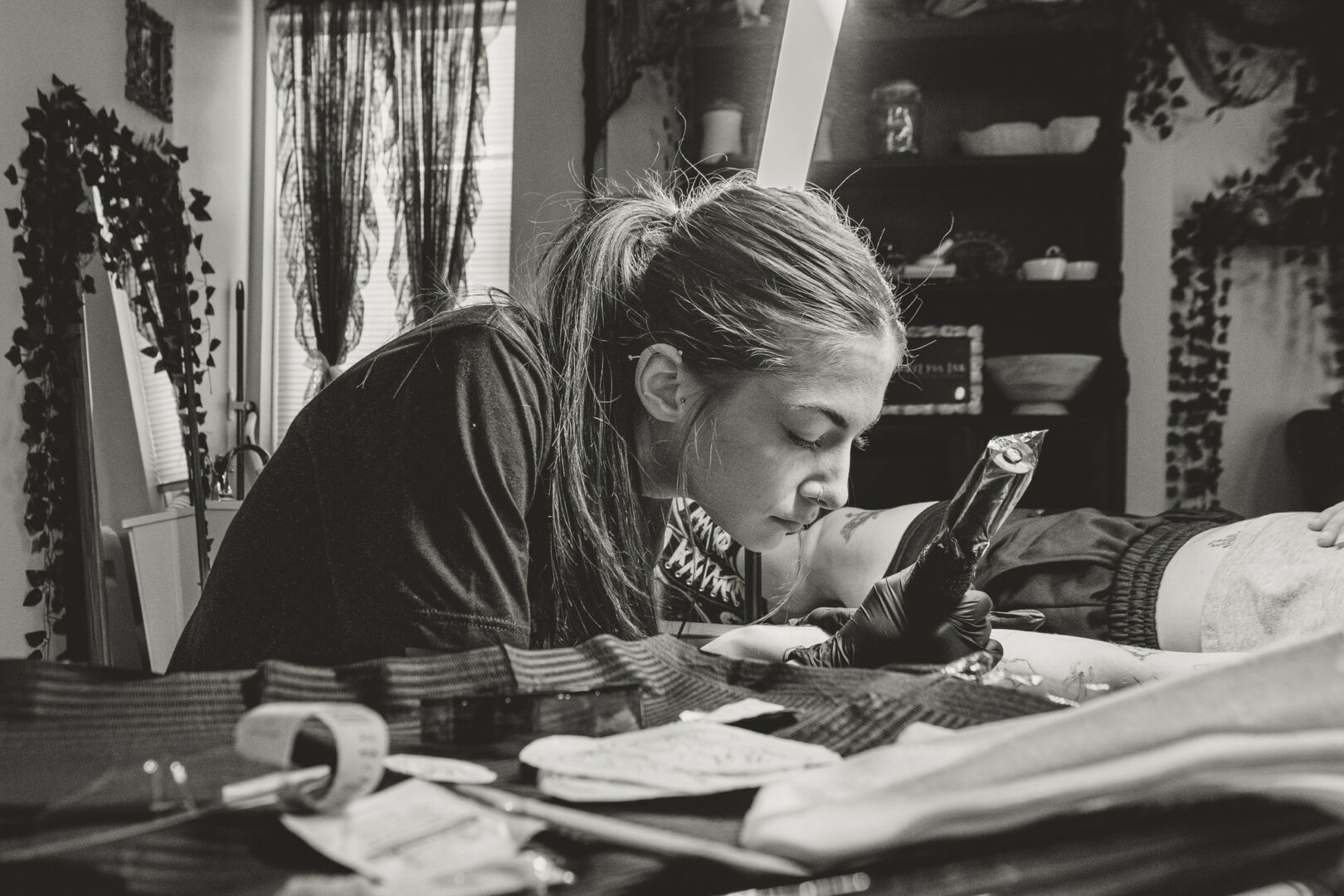We recently connected with Erik Qualman and have shared our conversation below.
Hi Erik, appreciate you sitting with us today. Maybe we can start with a topic that we care deeply about because it’s something we’ve found really sets folks apart and can make all the difference in whether someone reaches their goals. Self discipline seems to have an outsized impact on how someone’s life plays out and so we’d love to hear about how you developed yours?
The short answer: Don’t rely on willpower. Instead, I work to build good systems so that when I am having a challenging day, I default to systems rather than relying on willpower to make good decisions.
One reason I started writing The Focus Project is that, in some strange way, it will serve as an antidote for my book, Socialnomics®. It is an antivenom to the poisonous habits technology can manifest in us. For the purposes of this book, I’m most interested in BJ Fogg’s research and philosophy about developing powerful habits via small steps. Fogg, a Stanford psychologist and researcher, specializes in captology – a captologist studies the effect of computers and mobile devices on human behavior. Fogg first appeared on my radar when I was writing Socialnomics. Fogg’s work was relevant to Socialnomics because many of us using social media are unknowing participants in the world’s largest social science experiment—one being controlled by the data scientists at Instagram, YouTube, Weibo, Facebook, TikTok, Twitter, and others.
Fogg argues that we mistakenly try to will our way to habits around activities we don’t enjoy. For example, we get up early and drag ourselves to the gym to ride a stationary bike for an hour. Eventually, since we don’t like it, we stop doing it. We don’t develop the habit. Fogg believes this mistake is more detrimental to a major change in our lives than doing nothing at all. Instead, Fogg explains that we need to start with small adjustments that lead to little victories and to celebrate these victories.
Fogg’s formula involves a trigger. An example of a trigger might be doing 25 sit-ups every time you wash your hands. Washing hands = sit-ups. We normally associate triggers with a negative cause-and-effect relationship. In Fogg’s formula, however, instead of negative triggers, the triggers are positive influences.
Here’s the simple formula for identifying triggers.
“After I Establish Habit, I will New Habit.”
Fogg’s best-known example of this formula is:
“After I Brush my teeth, I will Floss One Tooth.”
This sounds preposterous—who would floss just one tooth? This is exactly the point! Once you put into motion the flossing of one tooth you might say, “What the heck, why not floss a couple more?”
Thanks, so before we move on maybe you can share a bit more about yourself?
5x #1 Bestselling Author and Keynote Speaker Erik Qualman has performed in over 55 countries and reached 50 million people. He was voted the 2nd Most Likeable Author in the World.
His Socialnomics work has been on 60 Minutes to the Wall Street Journal and used by the National Guard to NASA. Qualman is a current professor of Digital Leadership at Northwestern University and his materials are used in over 500 universities. Qualman’s animation studio works with some of the world’s leading brands including Disney, Oreo, Chase, and Cartier.
He is a former sitting professor at MIT and Harvard’s edX labs and has received an honorary doctorate for his groundbreaking work. Qualman is also the inventor of the bestselling board game Kittycorn. Most importantly, he’s still trying to live up to the “World’s Greatest Dad” coffee mug he received from his wife and two daughters.
There is so much advice out there about all the different skills and qualities folks need to develop in order to succeed in today’s highly competitive environment and often it can feel overwhelming. So, if we had to break it down to just the three that matter most, which three skills or qualities would you focus on?
When I look back on what has most impacted my journey, it’s 3 F’s: Family, Faith, and Friends.
1. Surround yourself with the right people – we are social animals. Other people give me energy. Getting into nature to remind myself, in a good way, how small my problems are.
2. The attitude of gratitude – thinking of things I should be grateful for like my amazing family, health, the sun on my face, etc.
3. Looking down at my two feet and being thankful for having two feet and also that I have two choices every day 1) be enthusiastic 2) be very enthusiastic
Alright so to wrap up, who deserves credit for helping you overcome challenges or build some of the essential skills you’ve needed?
I’m a pupil of the Tom Izzo school of thought that it’s not about me, it’s about we. The hardest challenge is that you do have to do self-promotion around your personal brand. The way I’m able to push through it is knowing that it helps our greater mission. Our greater mission is to entertain, educate, and empower people to their best leadership and life in this digital age. Walt Disney started his company with his personal brand, but long term he was able to build something that lasted well beyond his personal brand that impacts people every day. Some days I may not have the energy to be “on” – whether that’s performing, shaking hands, signing autographs… but at the end of the day these are great challenges to have and what always keeps me going is the mission. I want to make sure we help everyone that needs help. Also, my readers, audience, fans, people we help are what fuels me — their smiles, tears, laughter, and kind words keep me going.
Contact Info:
- Website: equalman.com
- Instagram: https://www.instagram.com/equalman/
- Linkedin: https://www.linkedin.com/in/qualman
- Twitter: https://mobile.twitter.com/equalman
- Youtube: https://www.youtube.com/channel/UCLC9cX5GntaQmTSF6hTqrzA
- Other: The Super U Podcast – https://equalman.com/podcast/
https://podcasts.apple.com/us/podcast/super-u-podcast/id1338948339








